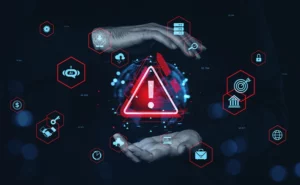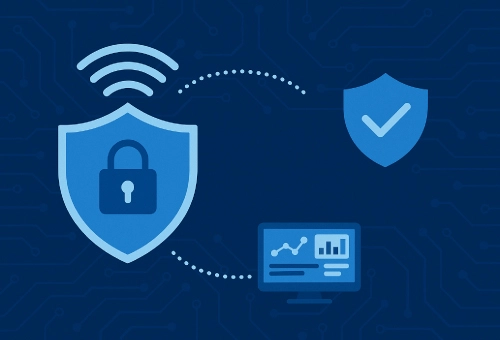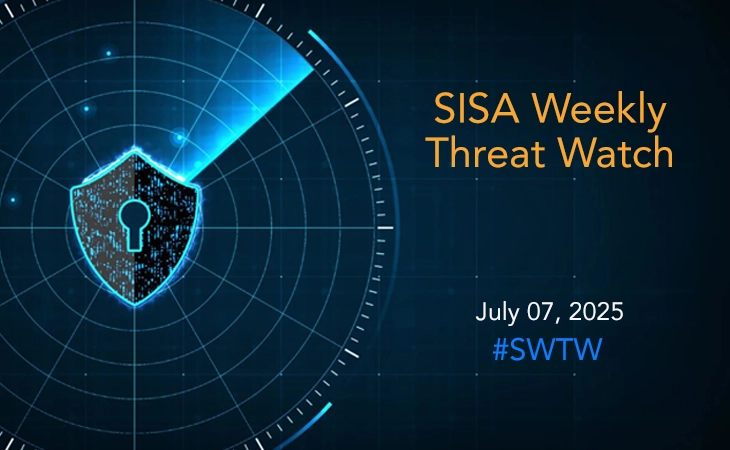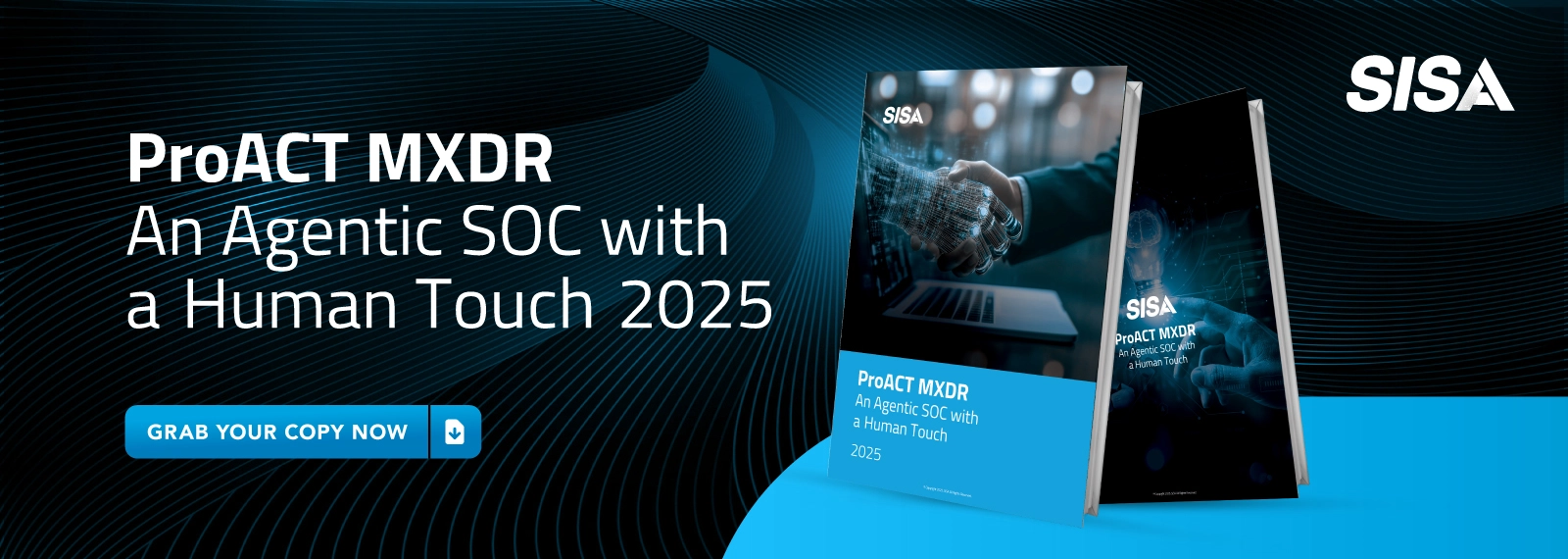

10 Essential Steps for Ensuring Compliance with India’s DPDP Act 2023
India’s Digital Personal Data Protection (DPDP) Act sets forth a comprehensive legal framework for the handling, processing, and protection of digital personal data. This Act prompts businesses to adopt responsible data protection and governance practices, emphasizing the importance of data privacy and security in an increasingly digital world.
In an era where data is the new currency of the digital economy, protecting personal information has become a paramount concern. The Digital Personal Data Protection (DPDP) Act, 2023, represents a watershed moment in India’s journey towards robust data privacy and protection. This groundbreaking legislation emerges in response to the increasing digitization of personal data and the urgent need to safeguard individual privacy in a rapidly evolving digital landscape.
The DPDP Act, 2023, sets forth a comprehensive legal framework for the handling, processing, and protection of digital personal data. It applies to a wide spectrum of entities engaged in the digital economy – from burgeoning startups to established multinational corporations. As India positions itself as a global IT hub and a significant player in the digital domain, this Act is a testament to its commitment to ensuring a safe, secure, and privacy-oriented digital environment.
As businesses navigate this new legal landscape, understanding and adhering to the DPDP Act’s provisions becomes crucial. To aid organizations in this transition, this blog provides a step-by-step guide, delineating the essential steps for ensuring full compliance with the Act.
1. Assessing applicability and obligation
The first critical step for any business in aligning with the Digital Personal Data Protection Act, 2023, is to assess its applicability. This Act is far-reaching, covering any entity involved in collecting, storing, using, or transferring digital personal data within India. Importantly, this includes data that may have been converted from a non-digital format to a digital one post-collection. Moreover, the DPDP Act’s applicability is not confined to the geographical borders of India. It also applies to international entities processing data in relation to offering goods or services to individuals in India, highlighting its global significance. However, the Act does incorporate certain sensible exemptions. For instance, personal data processed for personal or domestic purposes, aggregated data used for research, and data publicly disclosed by the data principal are not governed by the Act.
2. Identifying your role: Data Fiduciary or Data Processor
Under the DPDP Act, discerning whether your entity functions as a Data Fiduciary or a Data Processor is a pivotal step. Data Fiduciaries are those entities that determine the ‘why’ and ‘how’ of data processing. They make decisions regarding the purpose and means of processing personal data and bear the primary responsibility for ensuring that data is handled securely and in compliance with the Act.
On the flip side, Data Processors are entities that process personal data on behalf of a Data Fiduciary. Their role is more focused on the execution rather than decision-making regarding the data processing. They act under the guidance and instructions of the Data Fiduciary and have specific obligations under the Act to protect the integrity and confidentiality of the data processed. A clear understanding of your role as either a Data Fiduciary or a Data Processor will guide your compliance strategy, from consent management to data security measures.
3. Obtaining consent from Data Principals
As per the Act, Data Fiduciaries are required to secure explicit, clear, informed, and voluntary consent from Data Principals for processing their data. This process involves providing a detailed notice to Data Principals, describing the personal data to be collected and its intended use. Importantly, Data Principals have the right to withdraw their consent at any point, reinforcing their control over their personal data. This consent mechanism ensures that data processing is transparent and respectful of individual privacy rights.
4. Providing notice to Data Principals
Providing notice to Data Principals under the DPDP Act involves Data Fiduciaries informing them about the nature of the data collected, its purpose, and the rights available to them. The notice should be clear, concise, and easily accessible. Data Fiduciaries must communicate this information straightforwardly, ensuring that Data Principals are aware of how their data is being used and their rights concerning it. This requirement underlines the Act’s emphasis on transparency and the empowerment of individuals regarding their personal data.
5. Data discovery and classification
The DPDP Act mandates businesses to maintain an inventory of personal data types they process and map their flow. Integral to this process is data discovery and classification, where businesses must first identify all personal data they possess and then categorize it based on sensitivity and relevance. This step is critical for ensuring data accuracy and consistency. It also plays a pivotal role in meeting the Act’s data erasure requirements when the purpose of data collection is fulfilled, or consent is withdrawn. Automated data discovery and classification solutions like SISA Radar are thus critical for effective data management and protection, ensuring compliance with the DPDP Act.
6. Deleting personal data post purpose fulfillment
Under the DPDP Act, businesses are required to delete personal data once its purpose has been fulfilled or if the user withdraws their consent. This necessitates that businesses establish data lifecycle management policies that address different types of data and their respective retention periods. The Act emphasizes that data should be deleted if it is no longer serving its specified purpose or if the user has not interacted with the fiduciary for a certain period, suggesting inactivity as a cue for deletion. This provision is in place to ensure that personal data is not held indefinitely and is only used for its intended purpose.
7. Responding to Data Principals’ requests
Data Fiduciaries are required to establish effective grievance redressal mechanisms. This includes appointing a Data Protection Officer (DPO) and making their contact details easily accessible to Data Principals. Data Principals have the right to access, correct, erase, and restrict the processing of their personal data. Requests from Data Principals must be addressed within 30 days, and if not honored, a written explanation must be provided. Data Principals dissatisfied with the response can file a complaint with the Data Protection Board of India. These measures ensure data principals’ rights are respected and grievances are promptly addressed.
8. Understanding additional obligations and penalties
According to the DPDP Act 2023, Significant Data Fiduciaries (SDFs) have heightened responsibilities that includes appointing a DPO, ensuring compliance with data transfer restrictions, and additional obligations around data processing and protection. Non-compliance with the Act’s provisions can lead to substantial penalties. The fines can be as high as INR 250 crore, depending on the breach’s nature and impact. This stringent penalty framework underlines the Act’s commitment to ensuring diligent data protection and governance practices among significant entities handling large volumes of personal data.
9. Ensuring adequate security measures
Data Fiduciaries under the DPDP Act 2023 are obligated to adopt appropriate security measures to prevent data breaches. This involves implementing robust protocols and technologies to safeguard personal data. In the event of a data breach, Data Fiduciaries must promptly notify both the Data Protection Board and the individuals affected by the breach. These requirements emphasize the critical importance of data security in protecting personal information and ensuring compliance with the Act.
10. Preparing for compliance: Action plan
To ensure compliance with the Digital Personal Data Protection Act, businesses need to develop a phased action plan focusing on governance, technology, people, and processes. This plan should include understanding the Act’s applicability to your business, ensuring proper processing of personal data, fulfilling obligations like notice and consent, appointing a DPO, and implementing necessary safeguards to prevent data breaches. The plan should also address responsibilities involving legitimate uses of data, child data processing, and cross-border data transfer regulations. Non-compliance can result in significant penalties, emphasizing the importance of thorough adherence to the Act’s requirements.
Conclusion
To conclude, India’s DPDP Act, 2023 is more than just a regulatory requirement; it represents a significant step towards a more secure digital future. This Act prompts businesses to adopt responsible data management practices, emphasizing the importance of privacy and security in our increasingly digital world. Its comprehensive approach to data protection not only ensures legal compliance but also fosters a culture of respect and responsibility towards personal data in the digital age.
An innovative data discovery and classification tool like SISA Radar can effectively simplify managing sensitive information in organizations. It efficiently identifies and locates sensitive data, classifying it based on content and context. SISA Radar aids in understanding why data is collected and its current use, supporting strategic decision-making and informed data governance to seamlessly comply with regulations like the DPDP Act.
Get started on your DPDP journey today! Talk to SISA’s experts to learn more about India’s Digital Personal Data Protection Act and how SISA Radar can guide your organization towards compliance.
Latest
Blogs
Whitepapers
Threat-a-Licious
Customer Success Stories

SISA is a Leader in Cybersecurity Solutions for the Digital Payment Industry. As a Global Payment Forensic Investigator of the PCI Security Standards Council, we leverage forensics insights into preventive, detective, and corrective security solutions, protecting 1,000+ organizations across 40+ countries from evolving cyberthreats.
Our suite of solutions from AI-driven compliance, advanced security testing, agentic detection/ response and learner focused-training has been honored with prestigious awards, including from Financial Express, DSCI-NASSCOM and The Economic Times.
With commitment to innovation, and pioneering advancements in Quantum Security, Hardware Security, and Cybersecurity for AI, SISA is shaping the future of cybersecurity through cutting-edge forensics research.
Company
Resources
Quick Links
Copyright © 2025 SISA. All Rights Reserved.
 USA
USA India
India APAC
APAC Middle East
Middle East Global
Global





 Facebook
Facebook Linkedin
Linkedin  X
X Youtube
Youtube





